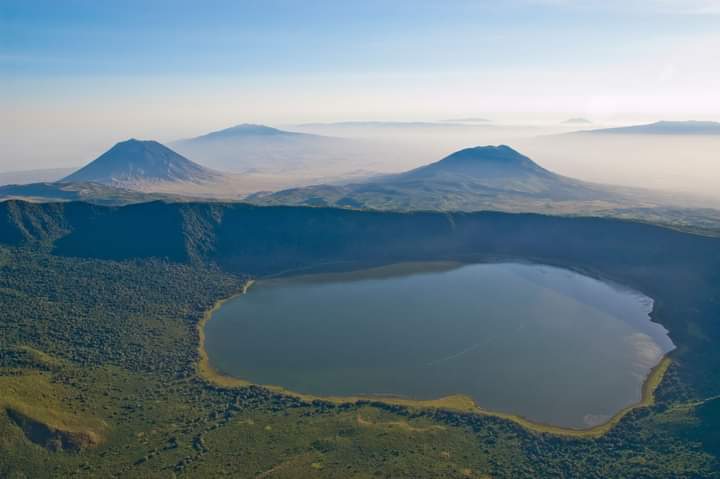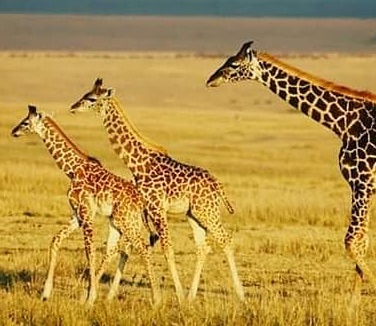
The Serengeti tops most Tanzania safari itineraries. A Masai word meaning “endless plains,” this protected ecosystem sprawls across 10,000 square miles. With a network of rivers ensuring year-round water, the region is incredibly rich in wildlife, though specific experiences, such as the Great Migration, vary with the seasons. Exceptional safari opportunities exist in the private reserves adjacent to Serengeti National Park, many of which are the exclusive domain of the camps we use. In addition to classic destinations like Ngorongoro Crater and Tarangire, famed for its elephants and baobabs, Tanzania offers vast, little-visited reserves such as Ruaha and Selous, true wilderness with striking scenery where you’ll encounter droves of animals but few other visitors. Mahale Mountains National Park on Lake Tanganyika is home to some of Africa’s last wild chimpanzees. For the perfect finale to your safari adventure, add a few days to relax on the beaches of Zanzibar.

Tanzania is famed for its wildebeest migration, the largest mass movement of land animals on the planet. The entire Serengeti ecosystem depends on the migration, with felines, hyena and birds of prey feasting on the young and weak while crocodiles lie in wait at each river crossing. Plains animals abound, including giraffe and gazelle. Ngorongoro Crater is often called a wildlife Eden. Zebra graze on its rim, while plenty of lion, flamingos and the endangered black rhinoceros are found within. Tarangire is famed for its enormous elephant herds. So is remote Selous, home to 3,000 lion, cheetah, hippo, black rhino and many of Africa’s last wild dogs, often sighted here and in Ruaha National Park. Vast Ruaha sustains buffalo, sable and roan antelope, elephants and rich birdlife. In the rainforests of Mahale and Gombe in western Tanzania, we find chimpanzees and colobus monkeys in their last wild habitat.
An all-inclusive group camping safari(starting from 4+ people) in Tanzania
costs from about $285 per day
per person including your guide, transport in a 4x4 vehicle, two-man dome tents, park and entry
fees, and specified meals.
A mid-range budget lodge safari in Tanzania costs from about $320 per person per day and a tailor-
made private safari with lodge-style accommodation costs about $350 to $400 per person per day,
making it a surprisingly affordable option.
The two major factors that determine the price of Tanzania safaris are the
type of safari you choose and the duration. Then there are a host of other
Travel Cost Factors
such as seasonality, destinations in Tanzania, your flights and visas, safari activities, and some
few extra costs.
The type of safari you choose is the single largest cost factor
as prices vary greatly based on the kind of accommodation, tour group size, transportation used,
and the level of participation required.
The best time to visit Tanzania depends on what wildlife you’d like to spot.
The country’s seasons and wildlife numbers are dictated by the rains, so you’ll have
a slightly different experience depending on when you choose to visit.